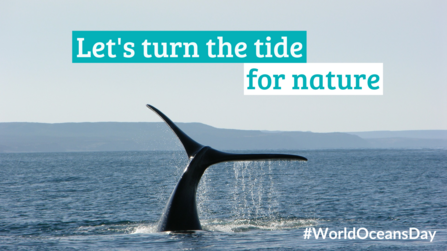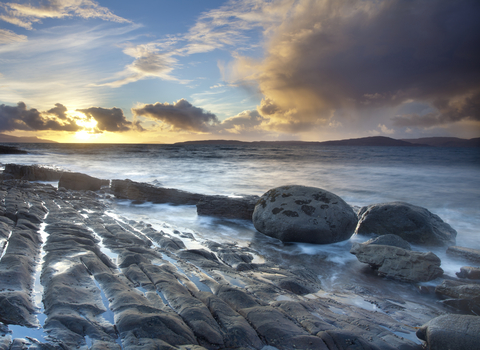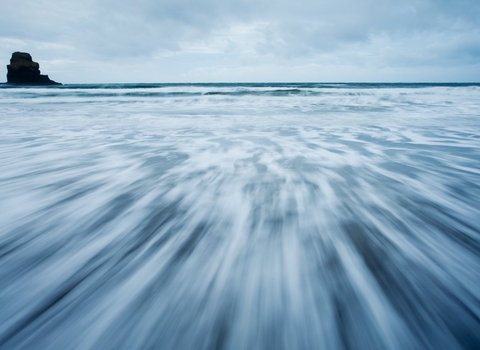- Almost three-quarters (73%) of Brits say ocean wildlife needs more protection, with just 11% believing that marine life is protected the right amount.
- More than half of the British public (55%) say damaging bottom-trawling fishing practices should be banned in all our Marine Protected Sites, with less than 1 in 5 (19%) saying that bottom-trawling should be allowed to continue in these areas.
This year’s World Oceans Day theme is ‘safeguarding our ocean, its ecosystems and biodiversity’. This research suggests that the public aren’t convinced that we’re achieving these goals in our seas.
A ban on bottom trawling in four MPAs (including Dogger Bank) also comes into effect next week (13 June), and the Government is calling for evidence to extend the ban to a further thirteen MPAs. Wildlife and Countryside Link, Marine Conservation Society, Surfers Against Sewage, RSPB and The Wildlife Trusts are calling for the bottom trawling ban to be extended to all of the 40 English offshore Marine Protected Areas as quickly as possible – echoing the clear appetite of the British public for stronger protections for ocean wildlife from damaging practices like this.



